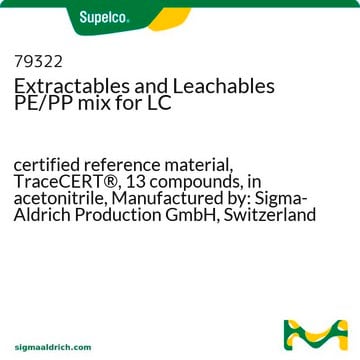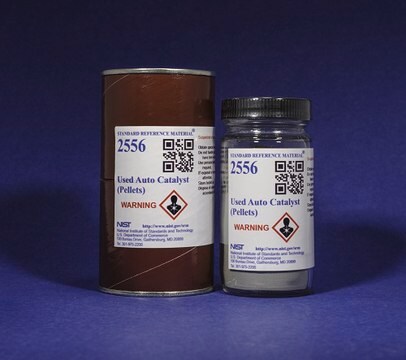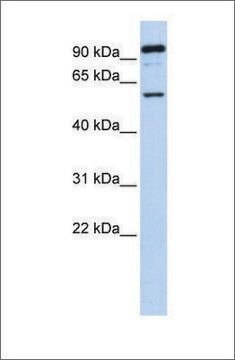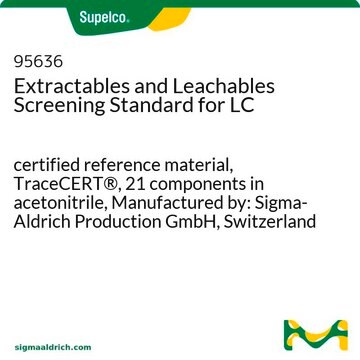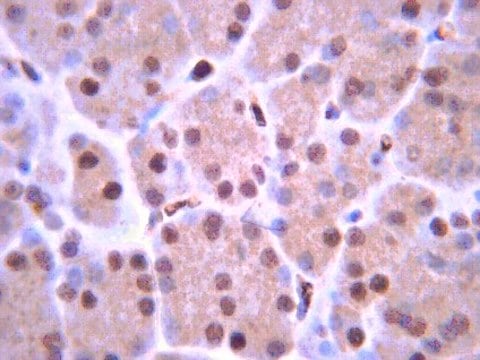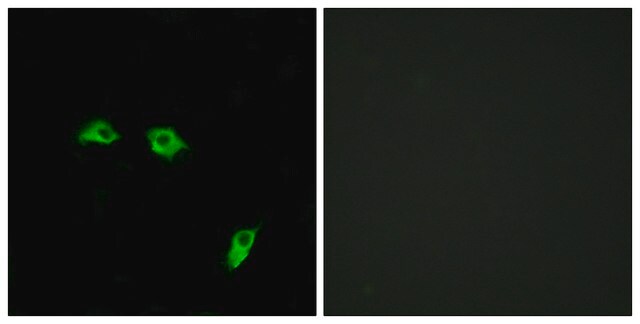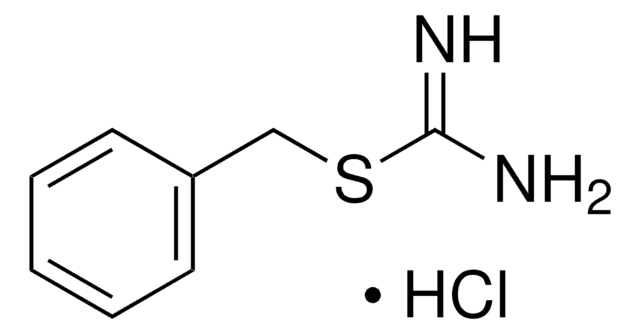ABF1067M
Anti-Tapasin
from rabbit
Synonym(s):
Tapasin, TPN, TPSN, TAP-associated protein, TAP-binding protein
About This Item
Recommended Products
biological source
rabbit
Quality Level
antibody form
unpurified
antibody product type
primary antibodies
clone
polyclonal
species reactivity
mouse
packaging
antibody small pack of 25 μL
technique(s)
immunoprecipitation (IP): suitable
western blot: suitable
isotype
IgG
NCBI accession no.
UniProt accession no.
target post-translational modification
unmodified
Gene Information
mouse ... Tapbp(21356)
General description
Specificity
Immunogen
Application
Western Blotting Analysis: A representative lot detected Tapasin in CMT.64 cells treated with IFN- (Lou, Y., et. al. (2008). Clin Cancer Res. 14(5):1494-501).
Inflammation & Immunology
Quality
Western Blotting Analysis: A 1:1,000 dilution of this antibody detected Tapasin in 10 µg of NIH/3T3 cell lysate.
Target description
Physical form
Storage and Stability
Handling Recommendations: Upon receipt and prior to removing the cap, centrifuge the vial and gently mix the solution. Aliquot into microcentrifuge tubes and store at -20°C. Avoid repeated freeze/thaw cycles, which may damage IgG and affect product performance.
Other Notes
Disclaimer
Not finding the right product?
Try our Product Selector Tool.
Storage Class Code
12 - Non Combustible Liquids
WGK
WGK 1
Certificates of Analysis (COA)
Search for Certificates of Analysis (COA) by entering the products Lot/Batch Number. Lot and Batch Numbers can be found on a product’s label following the words ‘Lot’ or ‘Batch’.
Already Own This Product?
Find documentation for the products that you have recently purchased in the Document Library.
Our team of scientists has experience in all areas of research including Life Science, Material Science, Chemical Synthesis, Chromatography, Analytical and many others.
Contact Technical Service